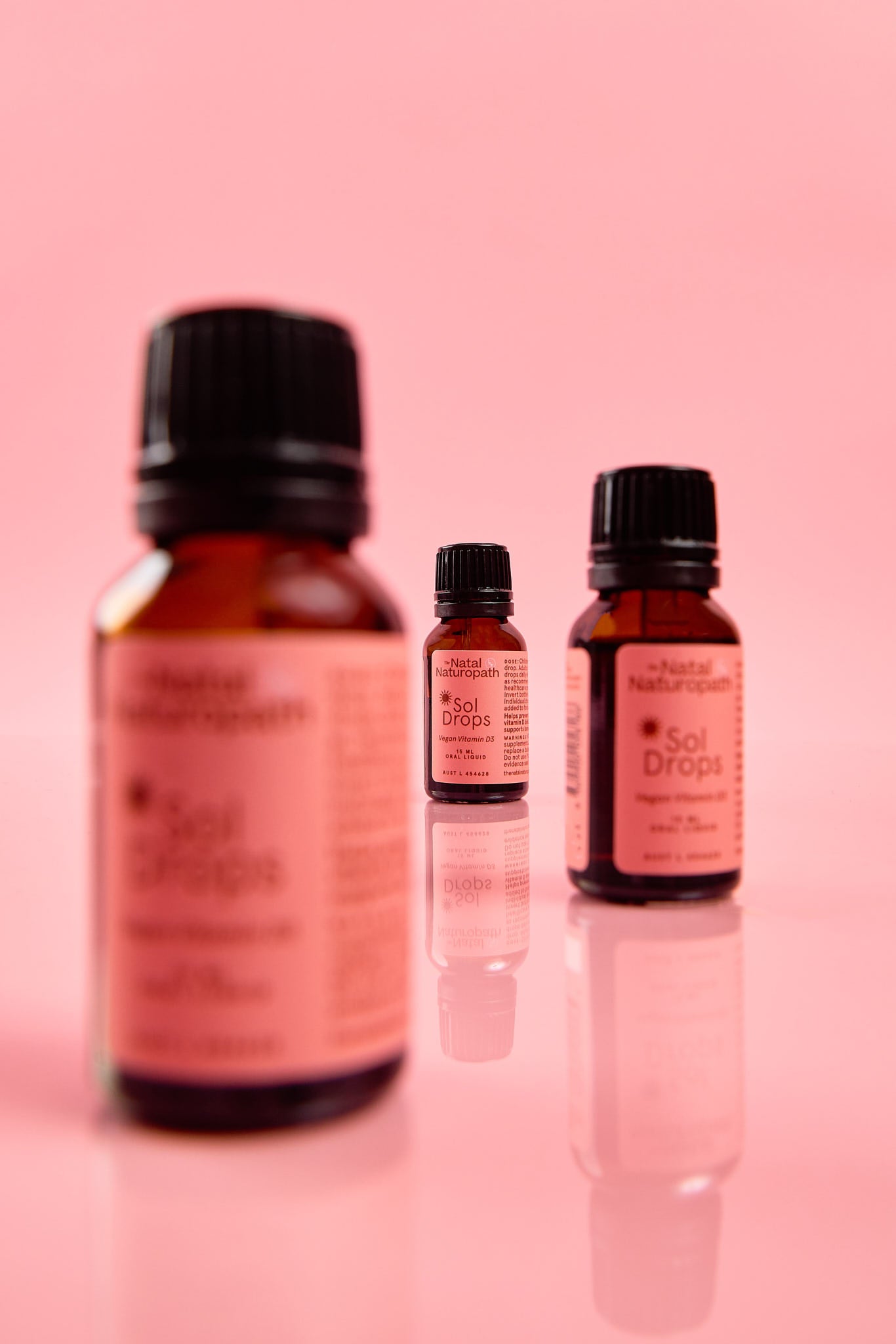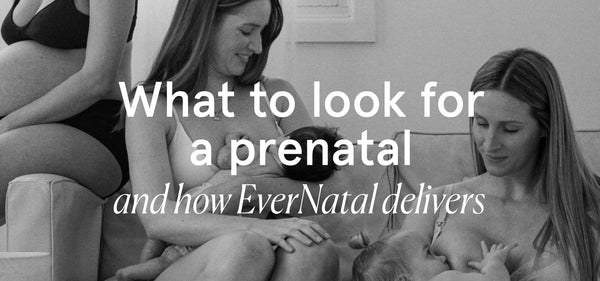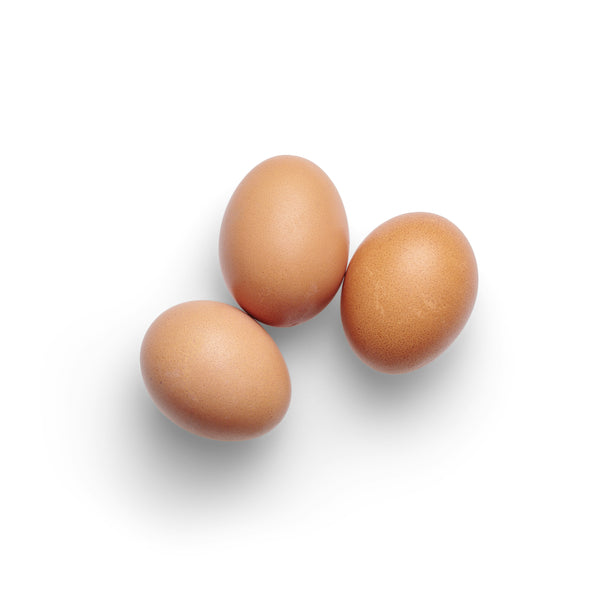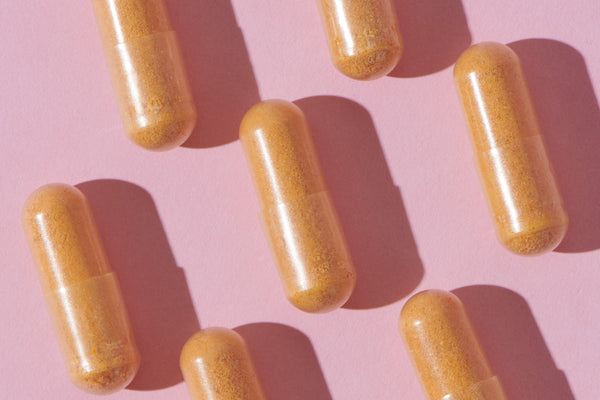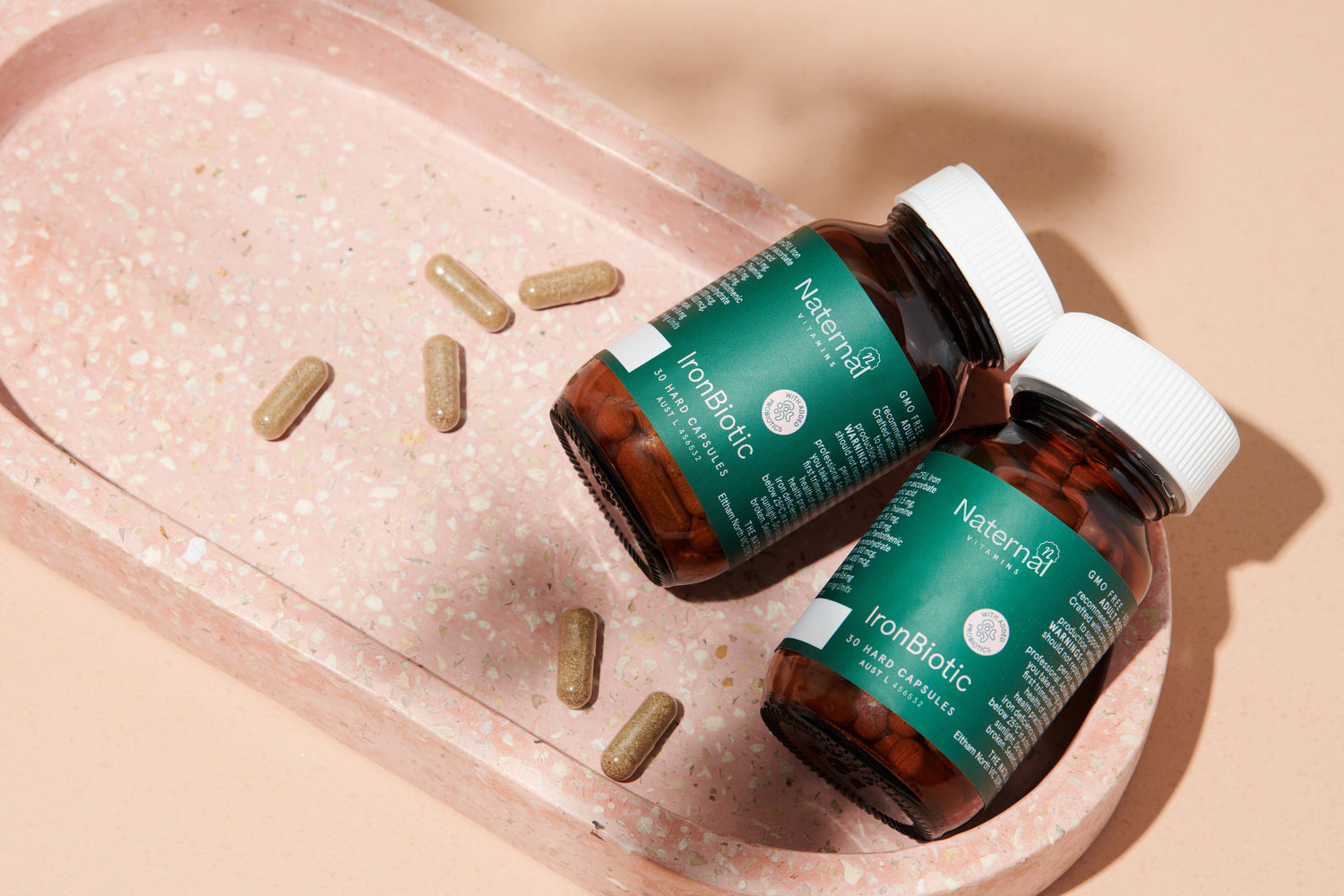Jump to:
We often hear about vitamin D as the “sunshine vitamin” for bones and immunity but what many don’t realise is its crucial role in fertility and hormonal balance. Low levels of vitamin D can quietly disrupt reproductive function, affecting both women and men on their conception journey.
Whether you're actively trying to conceive or simply supporting your long-term reproductive health, understanding the link between vitamin D deficiency and fertility can help you make empowered, informed choices.
What Role Does Vitamin D Play in Reproductive Health?
Vitamin D is actually a prohormone, meaning your body converts it into a hormone-like substance that helps regulate hundreds of functions, including those involved in reproduction.
For women, vitamin D influences:
-
The development of ovarian follicles (where eggs mature)
-
Menstrual cycle regularity
-
Uterine lining receptivity for implantation
For men, it affects:
-
Sperm count and motility
-
Testosterone production
-
Hormonal signalling within the reproductive system
Low levels of vitamin D may subtly interfere with ovulation, egg quality, or hormone synthesis, making it harder for conception to occur.
How Does Low Vitamin D Affect Female Fertility?
In women, vitamin D deficiency has been linked to several common reproductive challenges:
1. Irregular Menstrual Cycles
Vitamin D plays a regulatory role in the production and balance of key reproductive hormones, including oestrogen and progesterone. When levels of vitamin D are low, this hormonal imbalance can cause irregular menstrual cycles, anovulation (missing ovulation), or longer follicular phases. These changes make it more difficult to accurately track ovulation, identify fertile windows, and predict cycle length, adding complexity to natural conception efforts. For many women, correcting a deficiency can help restore more predictable, hormone-driven cycles.
2. Polycystic Ovary Syndrome (PCOS)
Many women with PCOS are also found to be deficient in vitamin D, and research increasingly suggests this is more than a coincidence. Low vitamin D can worsen insulin resistance, which is a common root issue in PCOS, and it may also elevate androgen levels like testosterone. These imbalances can contribute to irregular periods, acne, weight gain, and ovulatory dysfunction, all of which can make conception more difficult. Addressing vitamin D levels may help improve PCOS symptoms and promote more regular ovulation.
3. Poor Egg Quality and Ovarian Reserve
Emerging research has found that vitamin D receptors are present in ovarian tissue, including follicles where eggs mature. This suggests vitamin D may directly influence egg quality and ovarian reserve. When vitamin D levels are too low, it may reduce the ability of eggs to mature properly or result in a diminished response during ovulation. This is especially important for women in their 30s and 40s, when maintaining optimal egg health is critical for successful conception outcomes.
4. Implantation Difficulties
For conception to be successful, a fertilised embryo must implant securely in the uterine lining. Vitamin D plays a vital role in modulating the immune system and supporting a healthy inflammatory response within the uterus. Without sufficient vitamin D, the uterine environment may become less receptive, making implantation more difficult or increasing the risk of early miscarriage. Adequate levels are also important for supporting progesterone’s role in maintaining early pregnancy.
If you’re preparing for pregnancy, we recommend exploring our preconception supplements to ensure you’re supporting your body with the essential nutrients it needs for healthy fertility and hormonal function.
Can Vitamin D Deficiency Contribute to Hormonal Imbalance?
Absolutely. Vitamin D is deeply intertwined with hormonal regulation beyond fertility.
Low levels can:
-
Disrupt oestrogen/progesterone balance
-
Contribute to PMS or mood instability
-
Increase fatigue and reduce libido
-
Impact thyroid hormone conversion
Because thyroid dysfunction and adrenal imbalances can further interfere with fertility, maintaining healthy vitamin D levels becomes even more important for hormone synergy. Not sure where you stand? Consider a naturopathic consultation for a full hormonal and nutritional workup.
How Can You Optimise Vitamin D Levels for Fertility?
1. Get Tested
Ask your GP or naturopath for a blood test. The optimal range for fertility support is often considered 75–125 nmol/L in Australia, though ideal targets may vary.
2. Embrace Sun Exposure (Safely)
10–30 minutes of mid-morning sun on bare skin (arms and legs) a few times per week can help maintain natural vitamin D levels, especially in summer.
3. Supplement Wisely
Look for vitamin D3 (cholecalciferol) rather than D2, as it’s more bioavailable and effective at raising blood serum levels. We recommend Soldrops vitamin D supplement, a high-quality, liquid D3 formula that’s easy to absorb and gentle on digestion. It’s especially suitable during preconception and pregnancy when consistent dosing matters most.
4. Combine with Vitamin K2 (Optional)
Some research suggests that combining vitamin D3 with K2 may enhance absorption and direct calcium away from arteries and into bones—though this is more relevant for long-term health than fertility alone.
When Should You Seek Professional Support?
If you've been trying to conceive for six months or more, are experiencing irregular menstrual cycles, or have a history of miscarriage, it may be time to investigate your vitamin D status as part of a broader fertility assessment. Our experienced team offers personalised, one-on-one care through naturopathic consultations, helping you uncover potential deficiencies and hormonal imbalances.
For those who prefer a guided starting point, you can also book online to access tailored fertility advice based on your health history and goals. If you're unsure which product or protocol best suits your needs, take our Natal Naturopath Quiz for a personalised supplement plan built around your current reproductive stage.
Don’t Overlook the Sunshine Vitamin
Vitamin D deficiency is often a silent disruptor, but its impact on fertility, hormonal balance, and overall reproductive health can be profound. From regulating ovulation to supporting healthy implantation and egg quality, vitamin D plays an essential behind-the-scenes role in your conception journey.
The good news? It's also one of the easiest deficiencies to correct with targeted support. By getting your levels tested, supplementing with a high-quality product like Soldrops, and working with a qualified practitioner, you can give your body the best chance of thriving. Explore more in our Resources Hub, or shop our fertility supplements to get started today.

